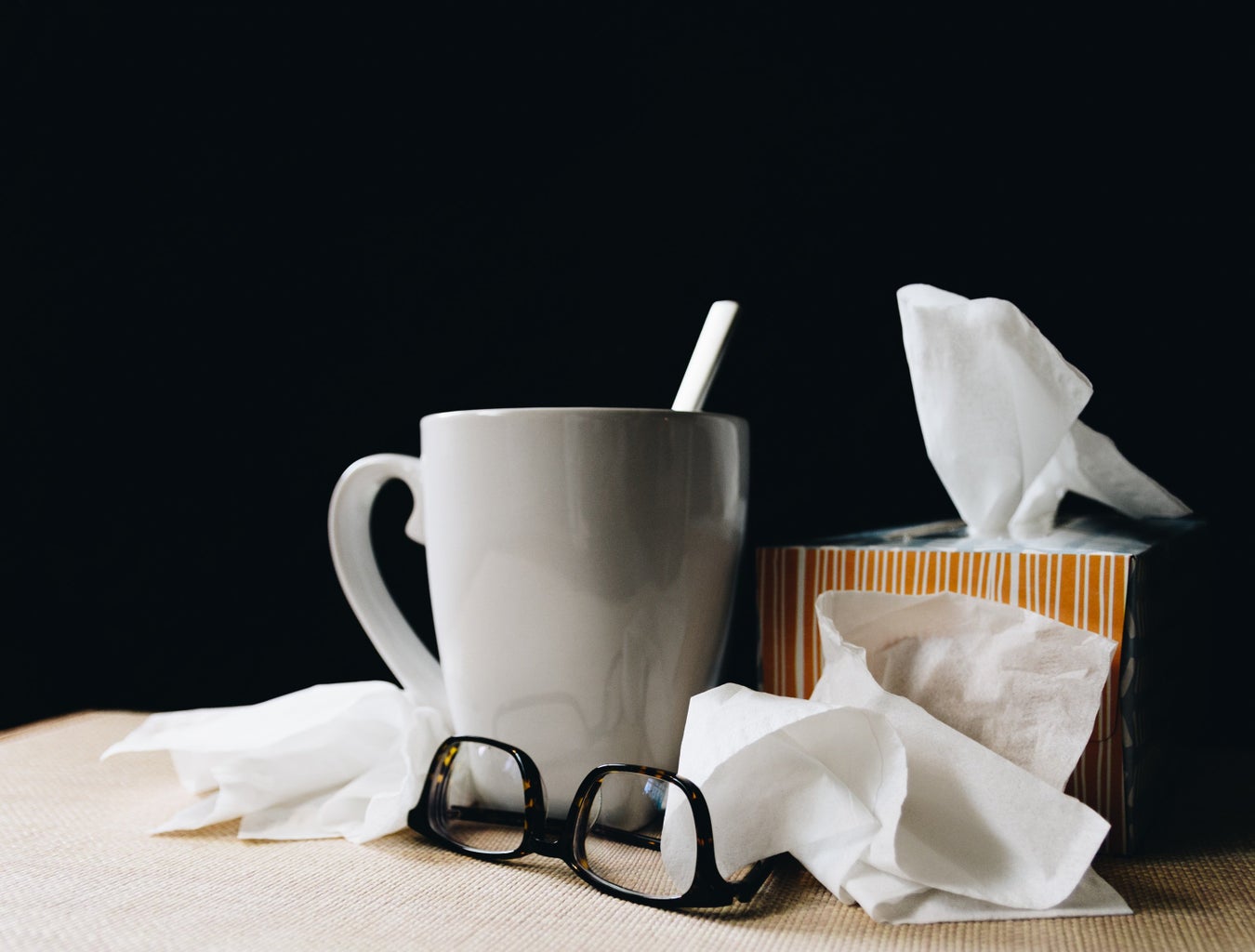This pandemic has brought on the fear of sneezing, coughing, and even sniffling in public for the simple reason that those symptoms are all those of COVID-19! Rather than saying “I don’t have COVID… it’s just hay fever” to everyone who looks at you weirdly in public, we hope to shed light on ways to control your symptoms and get over them.
For those who don’t know, hay fever is: an allergic reaction to pollen from exposure around the mouth, ears, or eyes
With that said, it is a reaction that is typically experienced within early fall. So, if you’ve started your fall term and are wondering why you’re experiencing a plethora of COVID-like symptoms but are testing negative, you can blame September for gifting us with hay fever.
For more information on Hay Fever, visit the Mayo Clinic
What to do
The simple answer is: treat hay fever like a regular cold. However, if you have in-person classes where you’re likely to be exposed to pollen outdoors (like when you’re walking from class to class and surrounded by people who could potentially think you have COVID), here are six ways to combat hay fever symptoms:
*Be sure to check with your physician first before trying any of the following remedies. There is a possibility that you have an intolerance or allergy to one of these remedies, and some cannot be used with certain medications.*
- Use eye drops
- Use allergy medication (like Claritin, for example)
- Drink some tea! (teas with lemon, ginger, and honey are especially helpful)
- Drink plenty of water (tip: drink one more cup than you normally would)
- Chew on some gum or suck on a lozenge
- Start adding spices as well as garlic and onions to your dishes if you aren’t already
Some Other Helpful tips
- Wear a mask and/or face shield in public to be extra safe
- Continue with rapid testing for COVID in case you may be experiencing early symptoms
- Keep tissues and hand sanitizer on hand to a) kill the bacteria that your body is fighting off and b) reduce the spread of the cold you are experiencing as it could also just be a cold and not from exposure to pollen
- Check your temperature in case a fever arises—in that case, taking medication, drinking plenty of water, getting rest, and upping foods high in Vitamin C (think citrus fruits including tomatoes, cruciferous vegetables, bell peppers, strawberries, white potatoes…) will be very helpful in boosting your immune system, bringing down your fever, and getting you back up on your feet in time for your next class!
To conclude
Keep pulling through and keep taking care of yourself because hay fever season, much like the COVID season we had all experienced together, will pass eventually!




